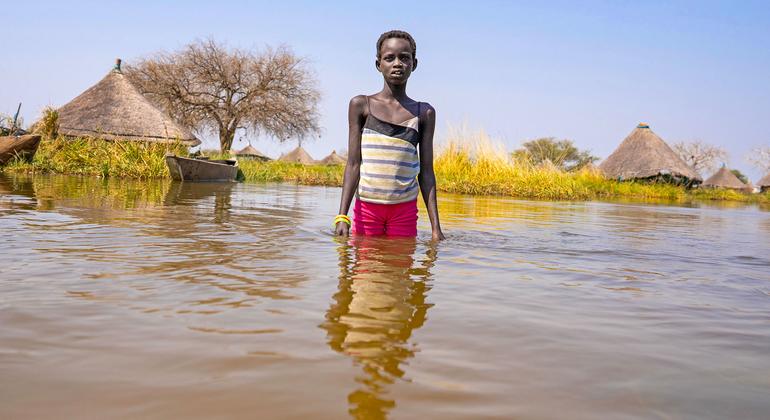The 29th Conference of the Parties (COP29) to the United Nations Framework Convention on Climate Change began in Baku, Azerbaijan on November 11 against the backdrop of a critical but not entirely hopeless situation. A recent report released by the UN just days before the conference highlighted the alarming fact that global average temperatures are rapidly approaching 1.5°C above pre-industrial levels. If immediate and drastic action is not taken to curb greenhouse gas emissions, the world is projected to experience a catastrophic temperature rise of 2.6-3.1°C by the end of the century. This would result in more frequent and severe extreme weather events, posing a significant threat to communities around the world.
The urgency of the situation has prompted the UN to call for urgent collective action, particularly from the G20 group of developed economies and the largest emitters, to implement the necessary cuts in greenhouse gas emissions to limit global warming. The consequences of inaction are dire, with the potential for irreversible damage to the planet and its inhabitants.
The UN Climate Change Conference, also known as COPs, serves as the primary international platform for addressing the climate crisis and coordinating global efforts to combat climate change. The conference brings together representatives from almost every country on Earth to negotiate and agree on strategies to limit global temperature rise to 1.5 degrees Celsius, support vulnerable communities in adapting to climate change, and achieve net-zero emissions by 2050. It is a crucial forum for sharing knowledge, best practices, and innovative solutions to tackle the pressing challenges posed by climate change.
In addition to government officials and world leaders, COPs also involve a diverse array of participants from various sectors of society, including business leaders, climate scientists, Indigenous Peoples, and youth. This inclusivity allows for a comprehensive and collaborative approach to climate action, ensuring that all voices are heard and considerations are made for the diverse impacts of climate change on different communities.
At COP29, negotiators will focus on establishing a new climate finance goal that will provide countries with the resources needed to enhance their climate action efforts, reduce greenhouse gas emissions, and build resilient communities. The conference aims to mobilize the necessary funding to support developing countries in their mitigation and adaptation efforts, as well as in addressing the loss and damage caused by climate change. Discussions at the conference will build upon previous talks held at the UN Summit of the Future, where the need for reforming the international financial system was emphasized.
UN Secretary-General António Guterres has criticized the current financial architecture as inadequate and insufficient to address the challenges of today. Many developing countries are burdened with unsustainable levels of debt, hindering their ability to invest in climate-friendly technologies and infrastructure. The conference will seek to address these financial barriers and create a more equitable and sustainable financial system that supports climate action and environmental protection.
In conclusion, the 29th Conference of the Parties to the UN Framework Convention on Climate Change represents a critical opportunity for countries to come together and take decisive action to combat climate change. The stakes are high, but with collective effort and commitment, it is still possible to mitigate the worst impacts of climate change and create a sustainable future for generations to come.









